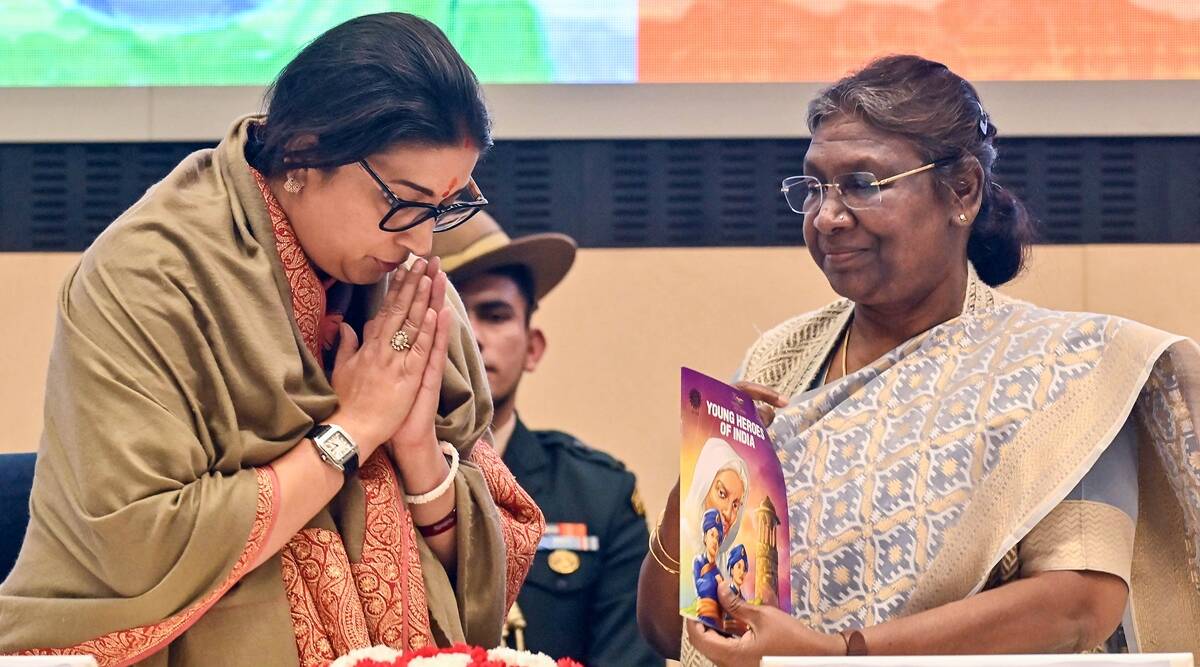World Economic Forum accepts modifications to gender gap report criteria

In future World Gender Gap reports, the World Economic Forum (WEF) will rank nations based on the participation of women at the panchayat level, which will improve India’s status on the global stage. According to a formal guarantee made to Union Women and Child Development Minister Smriti Irani, who recently led an Indian delegation to Davos and highlighted the “flaws” in the ranking system, the international body is reexamining and modifying the rating indices.
“To fully disregard political engagement at the panchayat level in India produces a false and unfair perspective on women’s empowerment. It is one thing for a system to not exist, but it is quite another for a system to exist yet be ignored. India has won a massive win as the WEF has decided to include this for ranking purposes. It will also provide a more accurate depiction of women’s empowerment on a worldwide scale, according to a senior government official.
The political contributions of 1,400,000 women in the Indian panchayat system will now be tallied, according to officials.
To date, the WEF has assessed the gender gap in a nation based on four primary verticals: economic involvement, political engagement, health and education levels. As a measure of women’s political participation, the WEF examines the number of women in the Union Cabinet and in both chambers of Parliament.
“It did not even include Ministers of State, women MLAs, or state ministers, which, in our opinion, is a major oversight that needs to be corrected,” officials noted.
EXPLAINED
Panchayat Push
India ranks 135th in the WEF 2022 report on the worldwide gender gap, dropping behind Sri Lanka, Bangladesh, and Nepal. Officials believe that the inclusion of data on women’s participation at the panchayat level will undoubtedly raise India’s worldwide standing.
Saadia Zahidi, the managing director of the Centre for the New Economy and Society, which produces the ranking on behalf of the forum, has informed Irani in a letter that in the coming years, the WEF will collaborate with the Indian government on issues raised by the minister at the forum “to assess in a globally comparable manner the participation of women in local political decision-making.”
The WEF will also highlight on its digital platform the impact of the Indian government’s gender-budgeting system, which “promotes gender equality in all sectors and levels of governance.” The WEF will engage with the 15th Finance Commission for this purpose.
Zahidi stated in her letter that the WEF will also build a “Skills and Gender Parity Accelerator” in India to identify and scale up selected public-private initiatives that will prepare the Indian workforce for the future.
“India is the only country in the world with gender-based budgeting and funding allocation. It was essential to take into account. We negotiated for the inclusion of these metrics, and the WEF agreed. India has also communicated the impact of its numerous initiatives, such as Jan Dhan Yojana, Mudra, and Stand Up India, on women’s empowerment,” the authorities stated.



